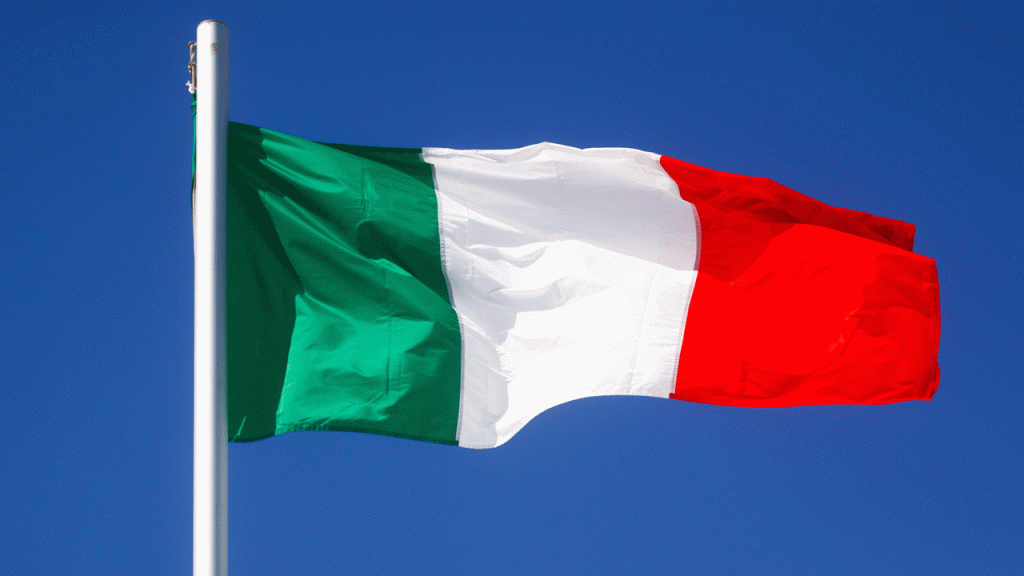An Italian court recently dismissed a case against rescue ship crews from three humanitarian organizations who were accused of collaborating with human traffickers as they rescued migrants at sea. The judges in Trapani decided not to proceed to trial against the 10 crew members from Jugend Rettet, Save The Children, and Doctors Without Borders who were involved in the so-called Iuventa case. The crews were fully acquitted of all charges of aiding and abetting illegal immigration, putting an end to a long-running legal battle that started in 2017. Italian prosecutors had accused the crew members of working as “taxis” for migrants and coordinating their search-and-rescue actions with traffickers.
The court’s decision to dismiss the charges followed a recommendation by prosecutors in February, which the organizations involved had slammed for criminalizing their rescue activities in the Mediterranean. More than 20 people had been involved in the inquiry over the years, facing charges that carried sentences of up to 20 years. Save the Children and Jugend Rettet welcomed the ruling, stating that the truth had been recognized and that the case had marked the onset of a public smear campaign against civil sea rescue efforts. Jugend Rettet’s rescue ship had aided over 14,000 people in distress from 2016 until its seizure in the summer of 2017, when the case began.
Doctors Without Borders also faced false accusations and a criminalization campaign from Italian authorities over their search and rescue operations at sea. The humanitarian organizations involved in the case expressed relief and satisfaction at the court’s decision. The case had raised concerns about the safety and legality of rescue missions in the Mediterranean, especially as the number of migrants reaching Italy’s coasts continued to increase. Italy’s current right-wing government has further toughened its stance against migrant rescues, imposing stricter rules on rescue ships and limiting their operations. These regulations have significantly impacted rescue efforts in the region, according to the charities involved.
The charges against the rescue ship crews were based on allegations that they were collaborating with smugglers, returning dinghies and boats to be reused by traffickers, and rescuing migrants whose lives were not truly in danger. The case highlighted the challenges faced by humanitarian organizations conducting rescue missions at sea, as they navigate legal and political complexities while trying to save lives. The court’s decision to dismiss the charges against the crew members of the Iuventa case marked a victory for the organizations involved and brought an end to a legal battle that had lasted for several years. The ruling was seen as a recognition of the important work done by civil sea rescue groups in the Mediterranean and a repudiation of attempts to criminalize their activities.













